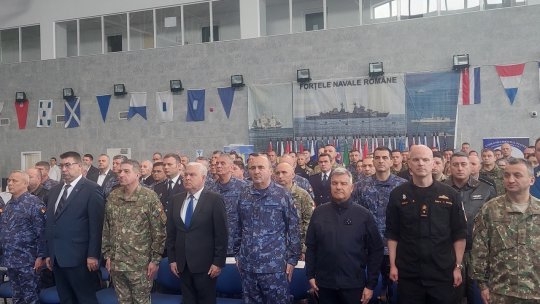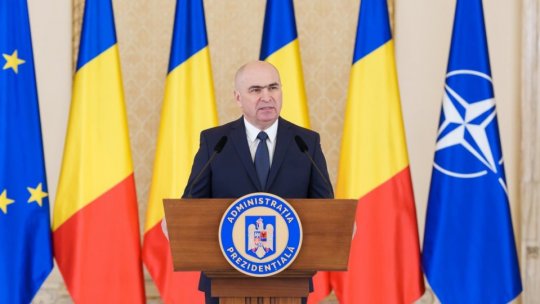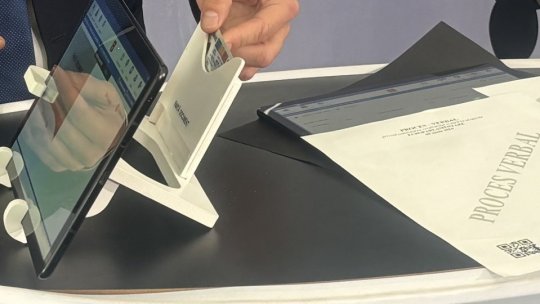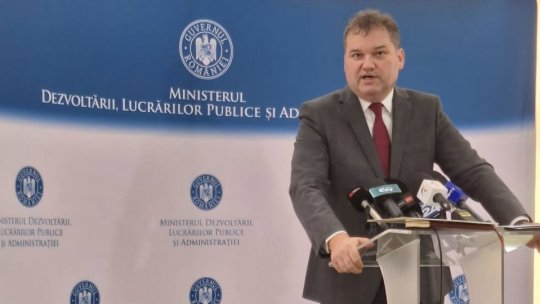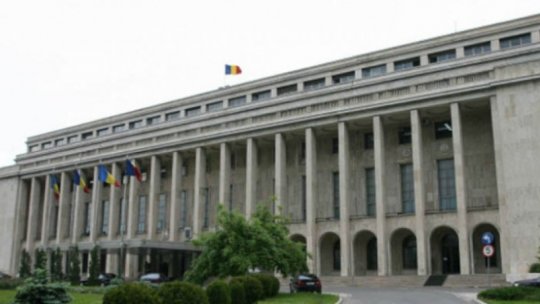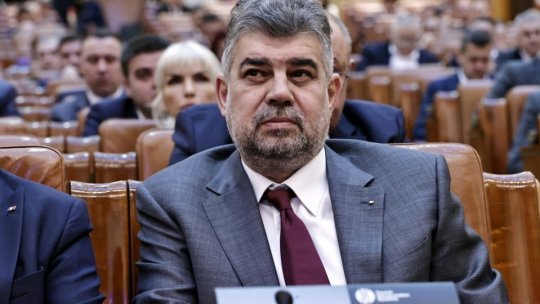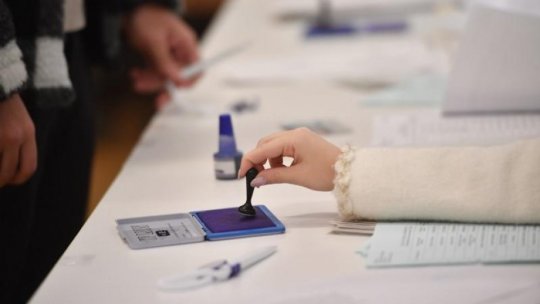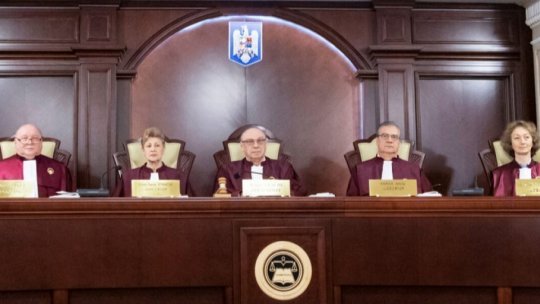Missile defence at heart of NATO Parliamentary Assembly Session
President Traian Băsescu has given an assurance that the anti-missile shield will serve a strictly defensive purpose, after Russia demanded legal guarantees that the missile defence system would not be aimed against it.

Articol de Carmen Gavrilă, 11 Octombrie 2011, 11:23
After Washington sent Moscow a clear message that they would not provide it with any legal guarantees, many Russian members of the parliament came to Romania and participated in the session in Bucharest with the intention of demanding such guarantees.
However, the officials of Bucharest have repeatedly explained, making use of technical and legal data, that such guarantees are useless since the missile defence system can serve a defence purpose only.
President Traian Băsescu gave an answer at the end of the NATO Parliamentary Assembly Session.
"The speculations and the wish of some people to amplify and question the good-faith of Romania show nothing but the lack of will to cooperate. Moreover, Romania, despite being an average country, has never asked or received guarantees on missile defence system and has the obligation of ensuring itself these guarantees together with the allies”, the chief of state stated, underlining once again that the American missile defence system deployed in Romania would serves a strictly defensive purpose.
The President of the Senate, Mircea Geoană, emphasised that the external risks were not the most dangerous.
“We pose the greatest risk to our own security”, Mircea Geoană said.
“There is a risk of falling into the finger pointing habit once again and coming out from this economic and financial crisis weakened, divided, more nationalist or more isolationist if we go on talking about the end of the East and therefore this prophecy will be fulfilled”, the president of the Senate warned.
Too small budgets for defence
Another security risk is the fact that there is a tendency of reducing the defence budget in the NATO countries, although even before the financial crisis the European countries were contributing less than U.S. to everything that involved collective defence and also military expense.
This reality was underlined during the session of the Assembly in Bucharest by many members of the parliaments in the allied countries who warned that while the NATO countries reduced their defence budget, the non-NATO countries increased it.
The solution is the so called "Smart Defence ", a concept suggested by the NATO Secretary General, Anders Fogh Rasmussen, according to which the Allies must share all the existing national military capabilities since there is no money for new capabilities.
Anders Fogh Rasmussen presented in Bucharest the key goals of NATO for the 2012 summit.
“In Chicago, we should agree a strategic plan with Afghanistan for our partnership that will last through 2014 and beyond. We should endorse a package of capability improvements that all Allies need. We should declare an interim operational capability for a NATO territorial missile defence system – and I hope we can also take forward cooperation with
Russia on missile defence”, Anders Fogh Rassmussen stated.
The NATO General Secretary said that in Chicago NATO must reaffirm the Alliance’s commitment to the Euro-Atlantic integration of the European and send a strong signal to countries in the Mediterranean, the Middle East, and the Gulf that they continue to share an interest in the region’s stability and security.
Translated by: Raluca Mizdrea
MA Student, MTTLC, Bucharest University

